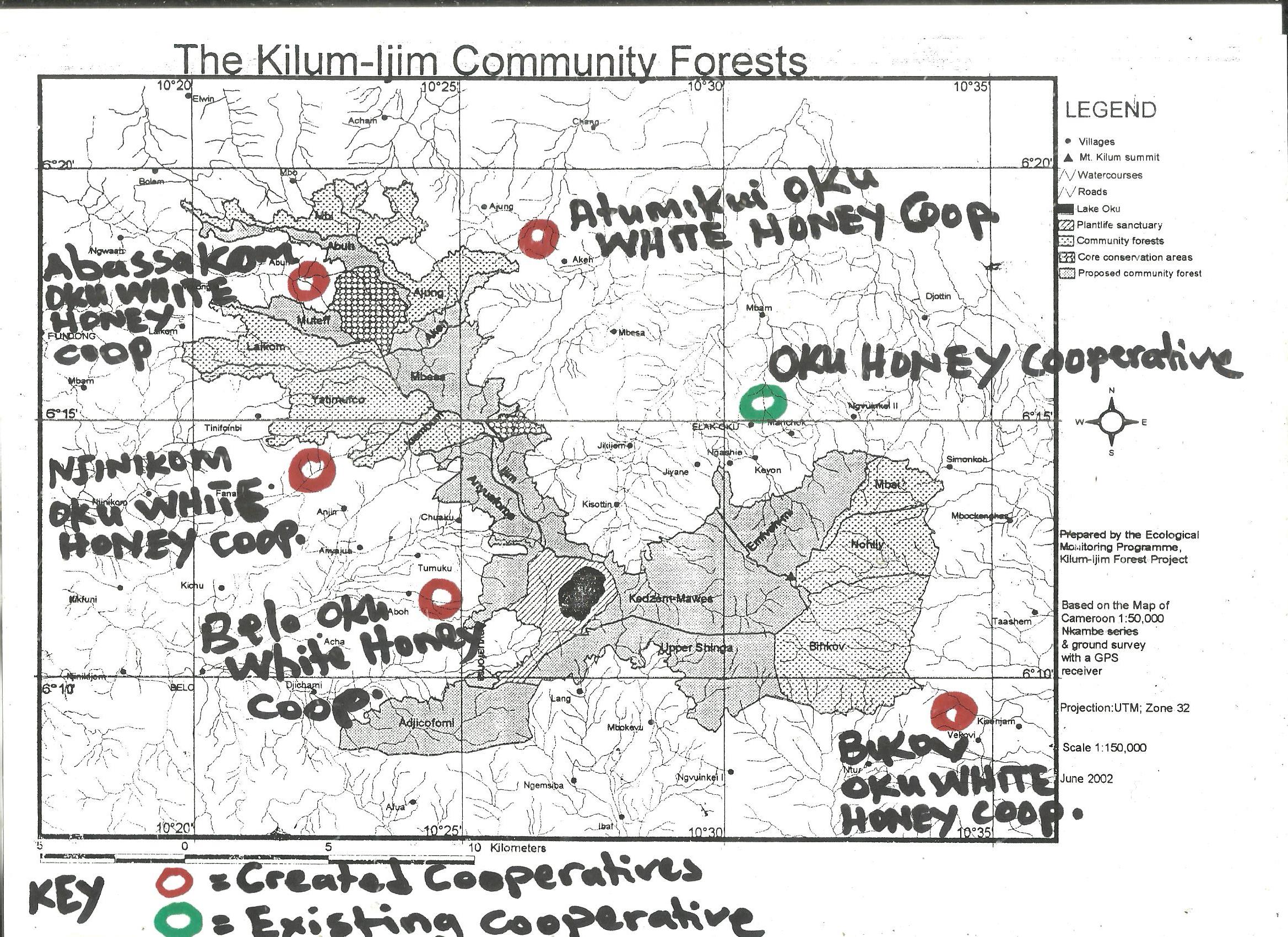

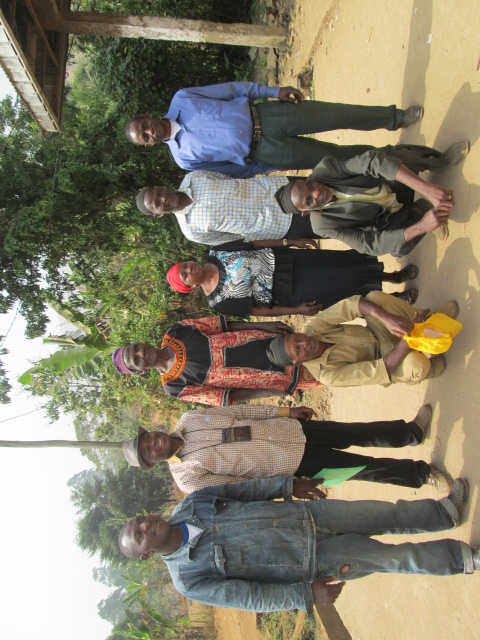
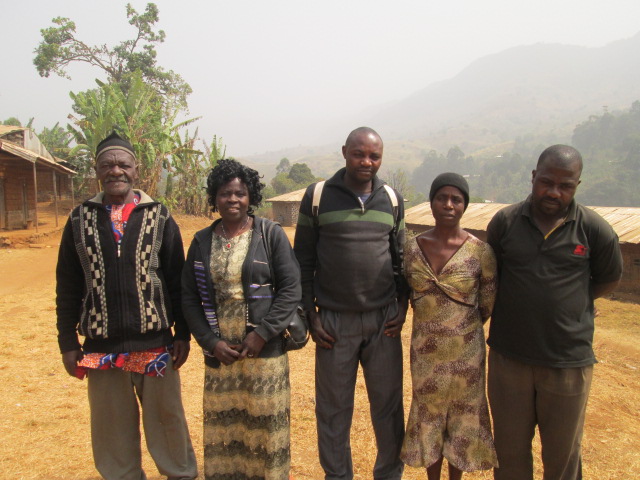
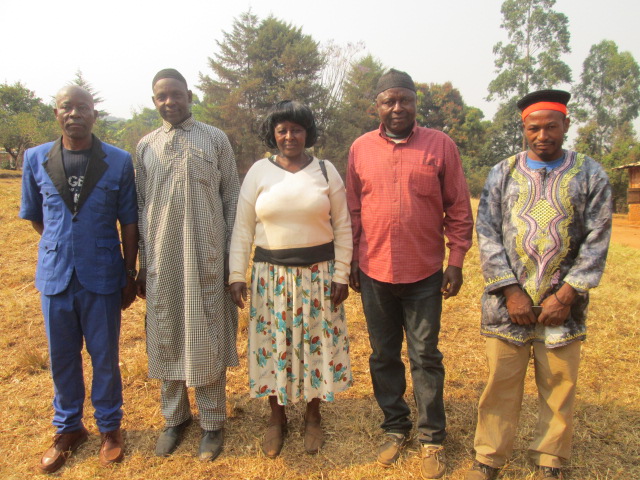
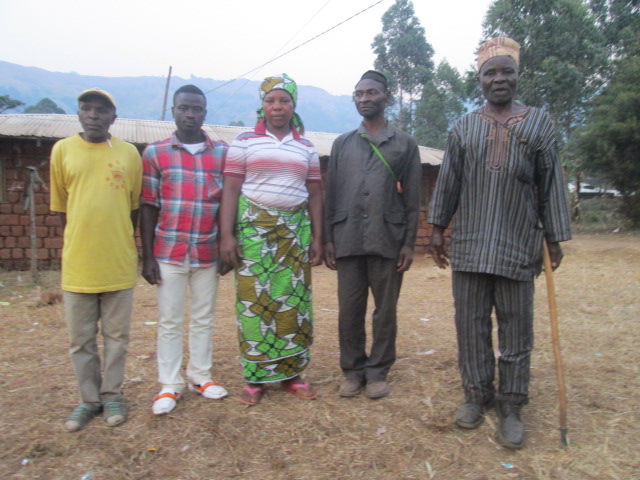
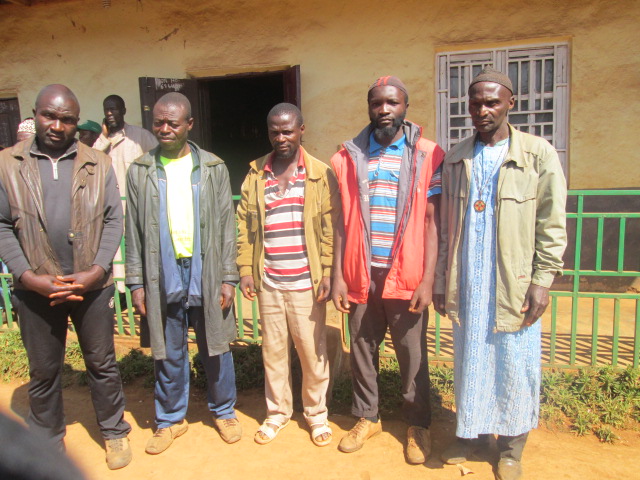
La CAMGEW utilise l'apiculture pour lutter contre les feux de brousse dans la forêt de Kilum-Ijim. Les apiculteurs produisent du miel sans marché, en raison de sa mauvaise qualité et du fait qu'il est difficile de collecter le miel produit par les agriculteurs individuels. La CAMGEW a décidé d'organiser les apiculteurs en coopératives de miel blanc d'Oku afin de développer la qualité et la quantité de miel blanc d'Oku et de ses produits tels que la cire d'abeille. Grâce à ces cinq nouvelles coopératives et à celles qui existent déjà, la quantité et la qualité du miel blanc d'Oku seront améliorées pour satisfaire les consommateurs et répondre aux normes. Le miel est certifié comme produit à indication géographique. Il deviendra facile d'accéder aux apiculteurs, de les aider et de commercialiser leurs produits. Le miel blanc d'Oku est la marque du miel produit dans la forêt de Kilum-Ijim au Cameroun qui couvre deux divisions (Bui et Boyo) et cinq sous-divisions (Oku, Jakiri, Belo, Njinikom et Fundong). La forêt couvre trois tribus (Nso, Oku et Kom). La Kilum-Ijim White Honey Association (KIWHA) est l'association qui chapeaute la promotion du miel blanc d'Oku. Les groupes d'apiculteurs dans chaque village agissent comme des groupes d'apiculture familiale où les adultes enseignent aux jeunes apiculteurs pour préparer les futurs apiculteurs. Les femmes s'engagent dans l'apiculture avec leur famille pour augmenter le revenu familial ou à titre individuel.
Les apiculteurs sont intéressés par la production de miel blanc d'Oku en tant que source de revenus.
Le miel blanc d'Oku a été certifié comme produit d'indication géographique par l'Organisation africaine des droits de propriété, ce qui a entraîné une augmentation du prix du miel blanc d'Oku.
La CAMGEW s'est intéressée à la conservation des forêts, mais a été confrontée au problème des feux de brousse, qui pourrait être résolu par la promotion de l'apiculture dans cette zone forestière.
La pauvreté et le chômage frappent durement la zone forestière de Kilum-Ijim, et les membres de la communauté sont à la recherche de solutions.
Depuis le développement de l'apiculture dans la région par la CAMEGW en 2012, le nombre de feux de brousse a été réduit à environ 2 par an, contre 5 à 8 par an dans le passé. Les apiculteurs comprennent désormais l'importance de protéger la forêt et leurs ruches contre les feux de brousse.
La solidarité communautaire s'est manifestée dans la gestion des problèmes de la communauté après avoir appris à agir comme un seul homme pour lutter contre les feux de brousse afin de protéger l'intérêt commun, à savoir leurs ruches et, en fin de compte, la forêt.
De nombreuses femmes se sont lancées dans l'apiculture. Les femmes possèdent des ruches dans la forêt et produisent du miel.
De nombreuses femmes ont rejoint leur mari dans l'apiculture et il n'est pas nécessaire d'engager une deuxième personne pour les aider. Plus d'argent est économisé dans la famille et les connaissances sont transmises.
Beaucoup plus de jeunes restent dans le village pour pratiquer l'apiculture.
Jusqu'à présent, les apiculteurs se sont organisés en 28 groupes au niveau du village et en 6 coopératives d'apiculteurs afin d'améliorer la qualité et la quantité du miel et d'obtenir un meilleur accès au marché.